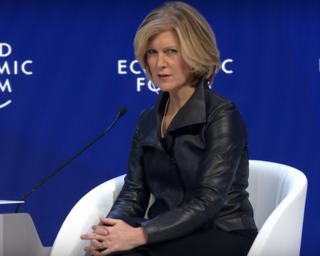A Quote by Cathy Engelbert
Decisions made centrally, thousands of miles from the markets clients are operating in, will likely not be as attuned to local market realities.
Related Quotes
There are markets extending from Mali, Indonesia, way outside the purview of any one government which operated under civil laws, so contracts weren't, except on trust. So they have this free market ideology the moment they have markets operating outside the purview of the states, as prior to that markets had really mainly existed as a side effect of military operations.
I have a fear of nuclear annihilation. I'm a child of the cold war: I didn't live more than 10 miles from a major WarPac nuclear target until the Berlin Wall came down and the CW ended. Knowing you can die horribly at any moment because of decisions made by alien intelligences thousands of miles away who don't even know you exist - there's something Lovecraftian about that, isn't there?
SNAP benefits help local economies because the benefits are spent at local grocery stores - with locally grown and locally-made products. I remember many years ago, while on food stamps, I advocated for the benefits to be spent at local farmers markets - a move that has helped local economies even more.
I got a chance to work with Miles Davis, and that changed everything for me, 'cause Miles really encouraged all his musicians to reach beyond what they know, go into unknown territory and explore. It's made a difference to me and the decisions that I've made over the years about how to approach a project in this music.
Think about the difference between how your local gas station and congressman respond to a spike in oil prices. One has the price placard outside changed to reflect the reality of the market within hours. The other sends out a press release, tries to organize a hearing, and at the end of amount accomplishes nothing. Meanwhile, the gas station has already made at least thirty additional adjustments to the realities of the market while your politico fails to get anything more than easy media.
No decision-making system is going to guarantee corporate success. The strategic decisions that corporations have to make are of mind-numbing complexity. But we know that the more power you give a single individual in the face of complexity and uncertainty, the more likely it is that bad decisions will get made.
Globalization, which attempts to amalgamate every local, regional, and national economy into a single world system, requires homogenizing locally adapted forms of agriculture, replacing them with an industrial system-centrally managed, pesticide-intensive, one-crop production for export-designed to deliver a narrow range of transportable foods to the world market.


































